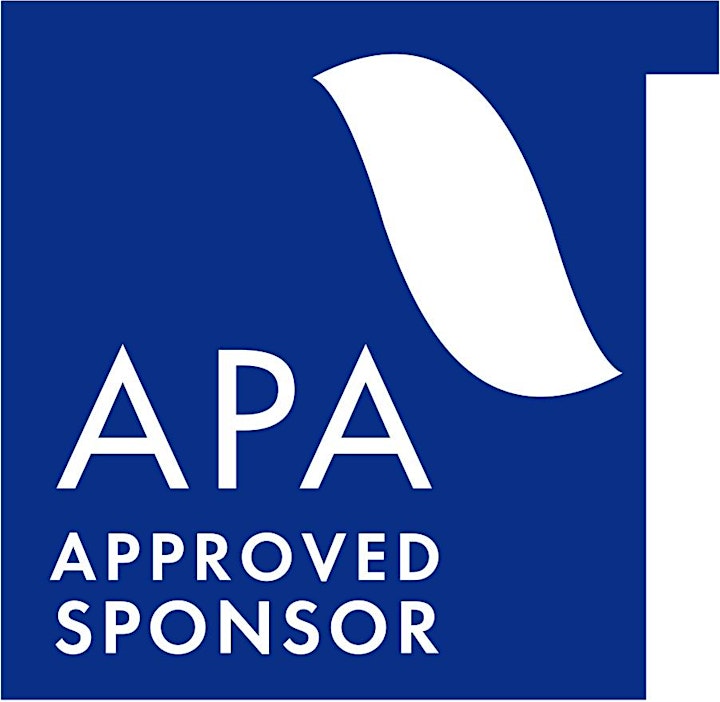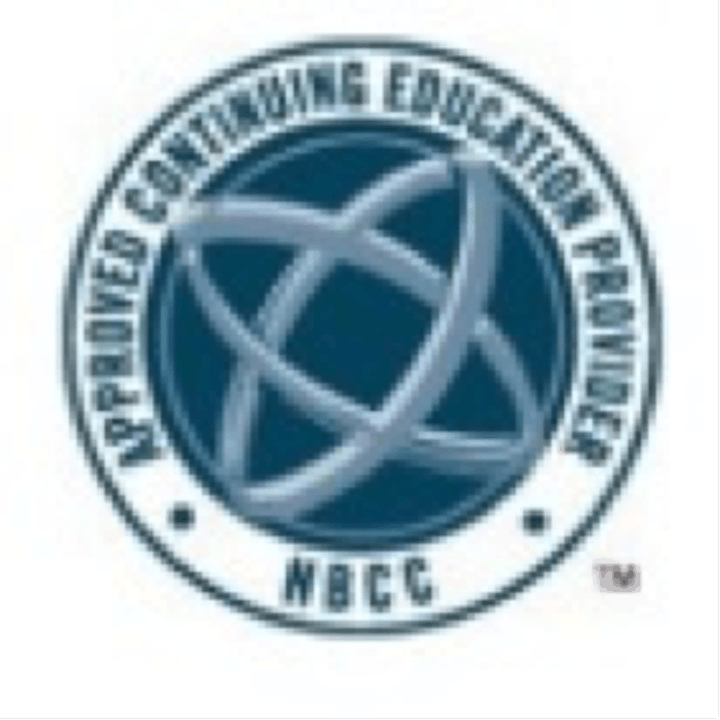
- This event has passed.
The Psychology Behind White Savior Films in the Age of Black Lives Matter
February 5, 2021 @ 1:00 pm - 4:00 pm EST
About this Event
Event held online via Zoom. Link and password to access event provided upon completed registration through Eventbrite.
This program, when attended in its entirety, offers 3.0 CE for Psychologists and 3 BBS California CEU for LMFTs, LPCC’s and LCSW’s.
Workshop Description:
White saviorism serves as a form of individual, cultural, and systemic racism. The white savior complex is deeply grounded in external entities, specifically white-led institutions and organizations, working in oppressed Brown and Black communities to solve problems as opposed to communities themselves being provided with the resources and tools they need to identify and build the solutions on their own terms.
The white savior complex has been utilized since the beginning of filmmaking but it really grew popular during the civil rights era. Off-screen, black activists were leading the fight for civil rights in America but filmmakers turned to white characters to tell these non-white stories. The white savior complex reinforces white savior narratives by shaping who has control over the media and the dominant narratives being reproduced. Critical media scholars have argued that the characterization of black culture in white savior films supports an ideology of colorblind racism.
This session will examine the phenomenon of the white savior complex in film and how we can unpack it to change the narratives that sustain injustice. This session will examine what it means to be a white ally, what people of color want from white allies, what white people can do to be allies, what resources white people have to leverage for racial justice, and ways in which white people ca talk to white people about racial injustice.
Learning Objectives:
By the end of the program participants will be able to:
1. Describe the white savior complex.
2. Delineate and discuss how the white savior complex minimizes racial inequality and contributes to racial stereotypes.
3. Develop solutions for avoiding the white savior trap with clients and to be advocates for social change.
Professional Bios of Presenters:
Dr. Ryan Tobiasz is the Department Chair for the Counseling Programs (Forensic Psychology, Clinical Mental Health Counseling, and Counseling Psychology) and Associate Professor at The Chicago School of Professional Psychology’s Washington DC Campus. He is a Licensed Professional Counselor (LPC) in the District of Columbia. He earned a Psy.D. in Clinical Psychology in 2007 and a M.A. in Forensic Psychology in 2005 from The Chicago School of Professional Psychology. He earned a B.S. in Psychology and a B.S. in Behavioral Science and Law at the University of Wisconsin-Madison. Prior to his current position, Dr. Tobiasz served as a Psychological Associate within the Wisconsin Department of Correctio ns at several maximum security institutions. He also served as an Adjunct Professor at The Chicago School of Professional Psychology’s Chicago Campus. Dr. Tobiasz’s primary research interest includes best evidence-based practice for individuals with schizophrenia, with an emphasis on Illness Management and Recovery in correctional facilities to provide mental health care for those with severe mental illness.
Danielle Epting, B.S. is a second year Clinical Mental Health Counseling Masters Candidate at The Chicago School of Professional Psychology in Washington, D.C. She is a proud recipient of the Merit Scholarship at The Chicago School of Professional Psychology. Danielle completed her undergraduate academic experience at Delaware State University. She received a Bachelor of Science degree in Psychology in December 2018. Danielle is currently an intern at MPB Group Inc. in Columbia, MD. Although, her goal and focus are on adolescents and young adults, Danielle provides therapeutic support to a wide variety of clientele. Danielle is expected to complete her graduate studies at The Chicago School by Fall 2021.
Aysia Stovall, B.S. is a second year Clinical Mental Health Counseling Masters Candidate at The Chicago School of Professional Psychology in Washington, D.C. Aysia completed her undergraduate degree at the University of North Carolina at Greensboro. She received a Bachelor of Science degree in Human Development and Family Studies with a concentration in Child, Youth, and Family Development in May 2019. Aysia is currently an intern at Maryland Family Resource INC. in Largo, MD. Her main focus is working with children and adolescents through providing therapeutic services to them and their families. Despite this focused demographic, through her undergraduate studies and various career ventures, she is well rounded in working with various cultures and communities. Aysia is expected to complete her graduate studies at The Chicago School by Fall 2021.
Program Standards and Goals:
This program meets APA’s continuing education Standard 1.3: Program content focuses on topics related to psychological practice, education, or research other than application of psychological assessment and/or intervention methods that are supported by contemporary scholarship grounded in established research procedures.
This program meets APA’s continuing education Goal 3: Program will allow psychologists to maintain, develop, and increase competencies in order to improve services to the public and enhance contributions to the profession.
Workshop Schedule
1:00pm – Event Begins
4:00pm – Event Ends
Registration and Fees
Chicago School Faculty, Students, and Alumni: Free (Chicago School email required for free registration)
Community Members: $50.00
All funds raised through this workshop will benefit The Chicago School of Professional Psychology’s Washington DC Campus Counseling Department Scholarship Program.
Refund Policy:100% of tuition is refundable up to 48 hours before the program. Within 48 hours of the program, tuition is nonrefundable.
References:
Benton, S. A. (2017). The savior complex: Why good intensions may have negative outcomes. Psychology Today.
Hughley, M. W. (2014). The white savior film: Context, critics, and consumptions. Temple University Press.
Kivel, P. (2017). Uprooting racism: How white people can work for racial justice (4th ed). New Society Publishers.
Continuing Education:
Target Audience: Professionals from all mental health disciplines and graduate students from all mental health disciplines.
Psychologists. The Chicago School of Professional Psychology is committed to accessibility and non-discrimination in its continuing education activities. The Chicago School of Professional Psychology is also committed to conducting all activities in conformity with the American Psychological Association’s Ethical Principles for Psychologists. Participants are asked to be aware of the need for privacy and confidentiality throughout the program. If program content becomes stressful, participants are encouraged to process these feelings during discussion periods. If participants have special needs, we will attempt to accommodate them. Please address questions, concerns and any complaints to Danielle Bohrer at 312-467-2364. There is no commercial support for this program nor are there any relationships between the CE Sponsor, presenting organization, presenter, program content, research, grants, or other funding that could reasonably be construed as conflicts of interest.
MFTs, LPCCs, and LCSWs. Course meets the qualifications for continuing education credit for MFTs, LPCCs, and/or LCSWs as required by the California Board of Behavioral Sciences. If you are licensed outside of California please check with your local licensing agency to determine if they will accept these CEUs. The Chicago School of Professional Psychology is approved by the California Board of Behavioral Sciences (BBS) to offer continuing education programming for MFTs, LPCCs, LEPs, and/or LCSWs. The Chicago School of Professional Psychology is an accredited or approved postsecondary institution that meets the requirements set forth in Sections 4980.54(f)(1), 4989.34, 4996.22(d)(1), or 4999.76(d) of the Code.
Participation Certificate. The Chicago School of Professional Psychology is able to provide students and other participants who simply wish to have documentation of their attendance at the program a participation certificate.
Non Psychologists. Most licensing boards accept Continuing Education Credits sponsored by the American Psychological Association but non-psychologists are recommended to consult with their specific state-licensing board to ensure that APA-sponsored CE is acceptable.
*Participants must attend 100% of the program, and pass a brief comprehension quiz, in order to obtain a Certificate of Attendance.
The Chicago School of Professional Psychology is approved by the American Psychological Association to sponsor continuing education for psychologists. The Chicago School of Professional Psychology, Washington DC Campus has been approved by NBCC as an Approved Continuing Education Provider, ACEP No. 3061. The Chicago School of Professional Psychology maintains responsibility for this program and its content.



